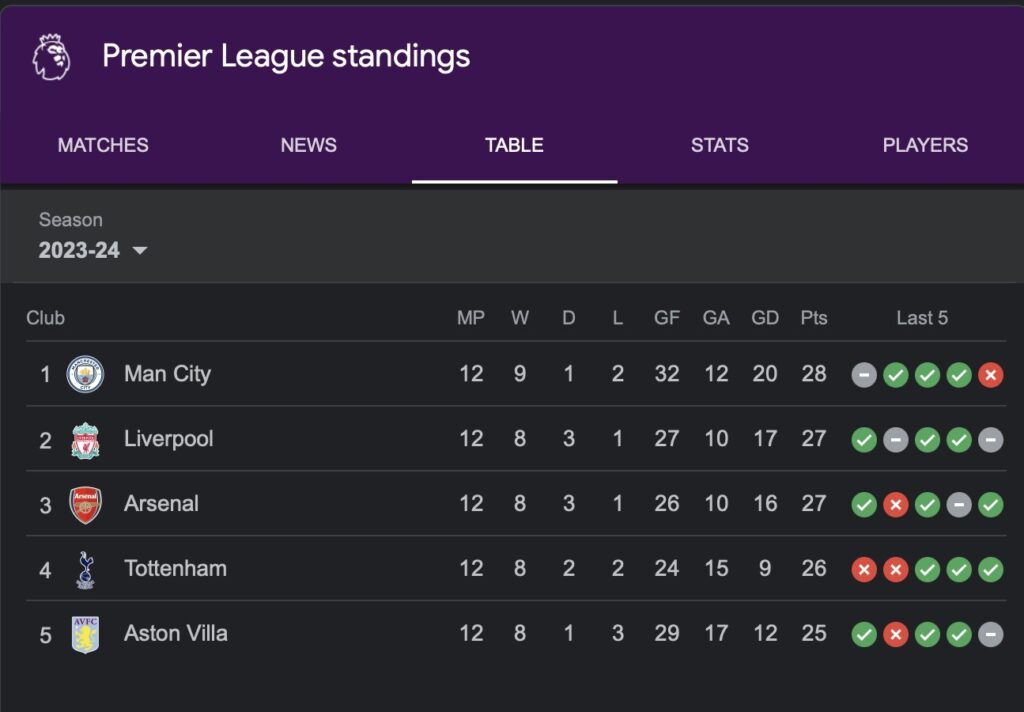It is now exactly a month after National Sports Day, which took place on October 16th. Football is arguably the most popular sport in the world, with an exponential rise in people getting involved. This first post is going to be used to explain the rules of the game, to help more people like yourselves feel comfortable understanding how to play the game, and to provide you with the knowledge to be able to get involved in discussions.
As Hanna Spier stated, “This season I have taken an interest in Newcastle United since I live here for university. I would love to learn more about the sport.”
Back to basics:
Firstly, I will be explaining the basics of the game, for revision or for those who are new to the sport.
⚽️ The rules of the game are laid out by the governing body, FIFA.
⚽️ A match lasts 90 minutes plus added time for injury or stoppage. It is divided into two 45-minute halves, with a 15-minute break in between the two.
⚽️ The way to win the game is to score more goals than your opponents by kicking the ball into their goal and defending your own.
⚽️ There are 11 players on each team, as well as substitutes on the bench. Player positions consist of defender, midfield, and striker roles.

Outside Newcastle United’s football stadium, St. James’ Park. Image credit: Anna Hynes.
Restarting Play:
⚽️ If the ball crosses the side line after a touch from a player, the opposite team is allowed to throw the ball back into play.
⚽️ GOAL KICK: If the attacking team kicks the ball past the goal line, play is restarted with a goal kick. This is taken on the edge of the 6-yard box by either a defender or keeper.
⚽️ CORNER KICK: If the defending team kicks the ball past their own goal line, play is restated with a corner kick. This is taken by the attacking side in the corner nearest to where the ball went out of play.
Rule Breaks and Punishments:
⚽️ If you break rules, you can be booked by a referee. You can get a yellow or red card. Two yellows or a red mean you will be immediately sent off the pitch but will not be replaced by someone, so the team plays with fewer players.
⚽️ A foul is when a player commits a physical offence against an opponent. Any foul can result in a free kick or penalty if it takes place in the penalty area.
⚽️ If a player commits a foul, a free kick can be taken by the opposition to restart play.
⚽️ If a foul is committed by the defending team in their penalty area, a penalty kick can be taken by the attacking team. The player will take a shot at the goal, with only the keeper to get past.
Scenarios to determine a win:
⚽️ If one team has more points at the end of the match, they win the game. If it’s a league or tournament, they will gain 3 points. The loser gets no points. If it’s a knockout game or a tournament final (quarter or semi), they will progress to the next match.
⚽️ If both teams end up with the same number of goals, the match is declared a draw. This means each team gets one point.
⚽️ However, if there is a draw in a tournament final (quarterfinal, semifinal, or final) or a knockout game, the match goes to 30 minutes of extra time. If the match is still a draw after this, it goes to a penalty shootout. The aim of the penalty shootout is to score more goals than your opponent, taking penalty kicks instead. The initial round is five kicks for each team. If this still ends in a draw, it will go to sudden death; if one team scores and the other misses, the scoring team wins.

Current Premier League standings for the 2023-2024 season, as of November 16, 2023. Image credit: screenshot from Google by Anna Hynes.
Now that you understand the basics of the game, I will explain more complicated rules and lingo to ensure you are fully equipped for any football conversation that comes your way.
Acronyms:
- FIFA: International Federation of Association Football (the International governing body of football)
- UEFA: Union of European Football Associations (European governing body of football)
- VAR: Video Assistant Referee (technology used to assist match officials in decision-making)
- FFP: Financial Fair Play (used to make sure clubs don’t spend more than they earn)
- EPL: English Premier League (the top professional league in England)
- UCL: UEFA Champions League (the top club competition in Europe)
- EFL: English Football League (knockout competition in England of top clubs)
- FA Cup: Football Association challenge Cup (knockout competition in England among top clubs)
The Offside Rule:
The simple rule is that a player is offside if their head, body, or feet are beyond the last defender. It is an offense to be offside the moment the ball is played or touched by a teammate, and the player offside interferes with play. This could be directly, such as playing the ball, or indirectly, such as obstruction.
In summation:
Thank you for reading my first article, ‘Get in the Game’. I hope you have gained or refreshed your knowledge of football so you can play or converse on football topics and so that my other articles (which I will publish soon) are of interest and understanding to you.
Don’t forget to check out my Instagram, @pitchside.passion, for more!